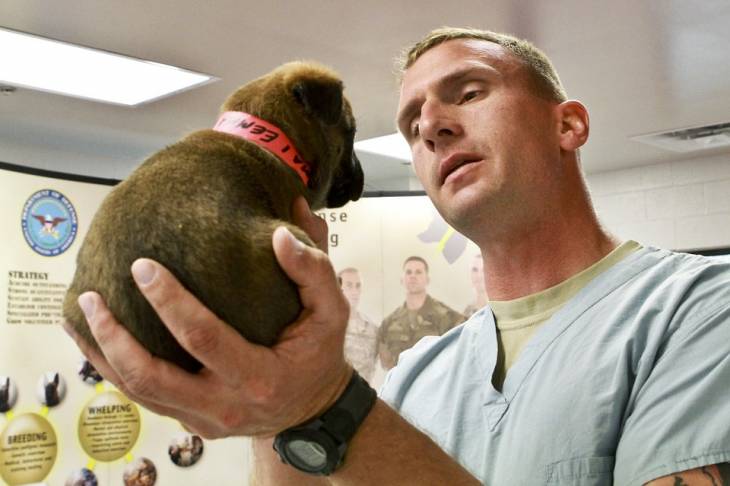Help! My Dog Drank Antifreeze! What Can I Do?
Antifreeze is an important fluid to keep a car running at an optimum level. It can also be one of the most devastating poisons that a dog can ingest. So much so, it is vital that you act as fast as possible if your pooch has drunk the toxin.
Why Does a Dog Drink Antifreeze?
Dogs are drawn to drink up antifreeze because they find its aroma pleasant. They also find the taste of the antifreeze to be sweet, so they may lap up as much as they can. They will eventually stop once the aftertaste kicks in, but by the time this occurs, some serious damage could occur.
How Could a Dog Get Access to Antifreeze?
The lure of antifreeze could be present whenever there are “winterized” pipes. While a spill that’s left on a driveway in the wake of you prepping your car may be an obvious culprit, a slow but steady leak from any antifreeze-carrying pipe in your home could also be tempting. Even an improperly wiped down large bottle of antifreeze could be enough to do significant damage.
The reason antifreeze is so terrible is the presence of the toxin ethylene glycol. The substance, which makes up 95 percent of most antifreeze brands, will quickly start to crystallize within a dog’s kidneys. Eventually, the dog will start to experience kidney failure; a condition that will prove to be fatal in most cases.
Antifreeze can also be ruthless in its fatal efficiency. As little as five tablespoons of the substance can kill a medium sized dog, and it can start doing damage to your pooch as quickly as 30 minutes. Needless to say, it is of the utmost of importance that you act on providing aid to your dog as quickly as you possibly can.
What are the Signs of Antifreeze Ingestion?
Early symptoms of antifreeze ingestion could mirror that of alcohol intoxication. The most common symptom you’ll encounter is seeing your dog stagger around as if he were drunk. Head tremors, muscle spasms, vomiting, and increased urination and thirst are also early warning signs that may manifest within 12 hours of the ingestion.
More severe symptoms will manifest themselves 36 to 72 hours after the initial ingestion. Some of these symptoms can be somewhat subtle in nature, such as depression or a lack of appetite. Others are much more obvious and frightening, including seizures and severe sluggishness.
What Can Be Done to Rescue My Dog?

The first step you should take if you suspect your dog has ingested antifreeze is to get him to a veterinarian. Once there, the vet will perform a battery of tests that will determine whether or not your pooch does have antifreeze in his body. Some of the tests are specifically geared toward making this determination within the first 12 hours of ingestion.
If your vet has confirmed antifreeze ingestion, he or she will most likely admit your dog to the hospital. Some of the tactics that your vet may use to help your dog recover include administering vomit-inducing drugs, administering charcoal to slow down the body's absorption process, or introduce various IV fluids to balance your dog's hydration. The overall prognosis will greatly depend on how much antifreeze was consumed and how much time passed before the treatment was initialized.
If you are absolutely positive your dog ingested antifreeze, you can also induce vomiting at home. To do so, give your dog a simply hydrogen peroxide solution measuring one teaspoon per five pounds of body weight, but no more than three teaspoons at once. This should only be administered if your dog has drunk the poison within two hours.
Stop the Problem Before it Starts
The best way to deal with a dog drinking antifreeze is to make sure situations where the substance can be drank do not occur in the first place. Obviously, this means cleaning up any antifreeze spills you make as you winterize things, but it also means taking care of stuff like checking for leaks and keeping bottles of the substance in places where they can’t be reached by your buddy. Doing these small actions will provide your dog with a big measure of safety and protection.

